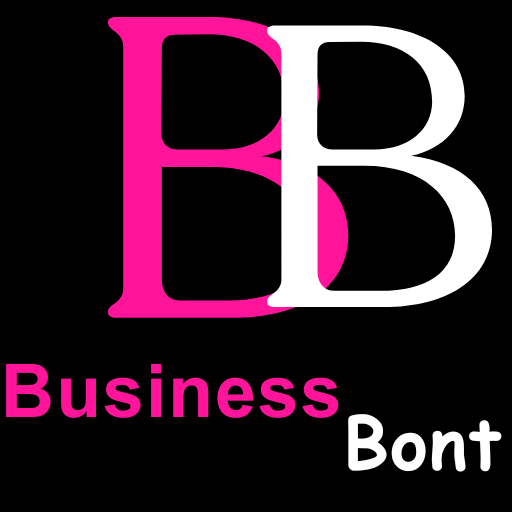Lamenting Heartache: Decoding Misery Business Lyrics

In the realm of present-day tracks, positive lyrics go beyond time and leave an indelible mark on our hearts. One such song is “Misery Business” by way of the renowned American rock band Paramore. With its charming melody and introspective lyrics, this song has captured the hearts of thousands and thousands throughout the globe.
Understanding the Context
The Rise of Paramore
Before we embark on our lyrical journey, allow us to take a second to recognize the backdrop against which “Misery Business” turned into penned. Paramore, shaped in 2004, speedy rose to fame with their unique combination of alternative rock and dad-punk sounds. Fronted by the dynamic Hayley Williams, the band garnered a large following, making them a force to be reckoned with in the track enterprise.
Exploring the Lyrics
The Opening Lines
The track’s establishing traces “I’m within the business of distress, allow’s take it from the top” straight away draw us into a story that guarantees emotional intensity and vulnerability. The juxtaposition of “misery” and “enterprise” pointers at a tale of personal warfare and perhaps the commodification of pain.

Nostalgic Reflections
As the lyrics keep, “She’s got a frame like an hourglass, it’s ticking like a clock,” we discover ourselves immersed in vibrant imagery. The metaphor of an “hourglass” conveys the fleeting nature of time, while the ticking clock inspires a feeling of urgency. These words seem to represent the complexities of navigating relationships and the fleeting nature of youth.
The Confessional Tone
Hayley Williams’s candidness shines thru within the lines “Once a whore, you are nothing extra, I’m sorry that’ll in no way exchange.” Here, the uncooked and unfiltered nature of the lyrics is obvious. The period “whore” is used metaphorically, dropping mild emotions of betrayal and disappointment. The unapologetic stance underscores the need for self-empowerment and boom.
Empowerment and Liberation
The chorus, “Whoa, I never meant to gloat, however, I got him wherein I need him now,” exudes an air of empowerment. The protagonist reclaims her organization and asserts her manipulation over her narrative. This shift from victim to victor is a testimony to the song’s subject of private transformation.
Reflection and Growth
In the verse “No, sir, well I don’t wanna be the blame, no longer anymore,” the lyrics take a reflective turn. The preference to break free from the chains of guilt and obligation is palpable. This sentiment resonates with everyone who has faced their errors and aspires to evolve beyond them.
The Bridge and Climax
The iconic passage, “The bridge encapsulates a reality: 2D possibilities hold no significance, personal transformation remains elusive,” stands as a second of wonderful significance. It displays the protagonist’s skepticism towards the idea of redemption and alternate. This introspective thought adds layers to the track, delving into the complexities of human nature.
The Legacy of “Misery Business”
“Misery Business” is a complicated music with a complex legacy. The music’s catchy melody and empowering lyrics have made it a popular choice for covers and playlists. However, the tune’s misogynistic lyrics have additionally been criticized and feature led to the song being retired from Paramore’s live setlist.
Conclusion
“Misery Business Lyrics” through Paramore encapsulates a tapestry of feelings, inviting listeners to mirror their trips of growth, empowerment, and transformation. Through its poignant verses and effective choruses, the song stands as a timeless anthem of self-discovery and private evolution.
For more information Click Here



